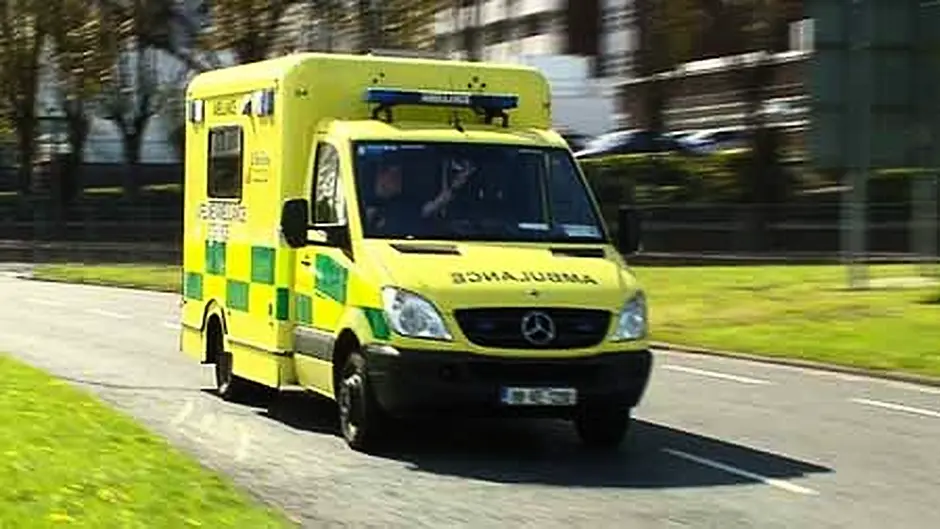Ambulance turnaround times at Cork University Hospital (CUH) are the third longest in the country.
AMBULANCE turnaround times at Cork University Hospital (CUH) are the third longest in the country.
Independent TD Michael Collins said the HSE ambulance capacity review found that the service is severely challenged in rural areas like West Cork.
The review also indicates that Irish ambulances have more rural call-outs than their UK counterparts – with 40% of all ambulance responses relating to rural areas.
Deputy Collins said: ‘The problem in West Cork is compounded by the fact that local people have to travel distances of up to 100 miles by ambulance to CUH – a journey that could take as much as three hours, depending on the ambulance turnaround time and the location of the casualty.’
He maintained that the appointment of a night-time casualty officer at Bantry General Hospital would expand the emergency department to allow more patients to be treated without having to be transferred to CUH. ‘This would free up the ambulances for other emergencies and lead to a reduction in the numbers presenting in the already overcrowded emergency department at CUH.’
Deputy Collins called for greater investment in the West Cork ambulance service and the provision of first-responder vehicles.
He also called on the Minister for Health, Simon Harris TD, to invest in air ambulances, which would be of particular benefit to those living in remote rural areas, such as the three West Cork peninsulas, and the islands off the coast.
Meanwhile, the West Cork TD pointed out that the Study on the Impact of Reconfiguration on Emergency and Urgent Care Networks – or SIREN for short – found that survival rates in Dublin were the best in the country, but the further a person lives from a centre of excellence, the poorer the outcome.
‘The survival rate in the South-Cork and Kerry areas was the worst,’ he said. ‘This is in stark contrast to the aim of the reconfiguration programme, which is to achieve the best possible health outcomes for the people it serves.
‘In addition to the long journey that people have to take when travelling by ambulance to a hospital in Cork, they also have to factor in a wait of several more hours before receiving medical attention.
‘Other figures show that 50,000 patients a year are walking out of our emergency departments because of the long waiting times and overcrowding – which is further evidence of the failure of the reconfiguration of our acute hospitals,’ he added.
The ambulance capacity review shows that Irish ambulances serve a much greater rural population than their counterparts in England and Scotland, and that this presents major challenges in terms of performance.
Even if it were fully resourced and operating to international best practice standards, the report said it would only be able to respond to just 60% of calls in the target time.
The review questions the location of many of the country’s ambulance stations and the policy of bringing all patients to emergency departments.
The review suggests that improved response times could be achieved by implementing better operational procedures, by investing in additional resources, and by making more use of community first responder schemes.









